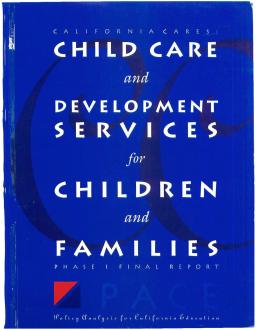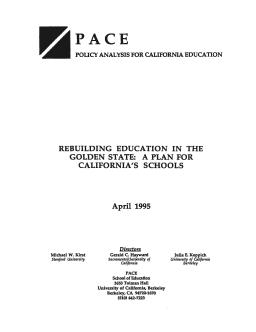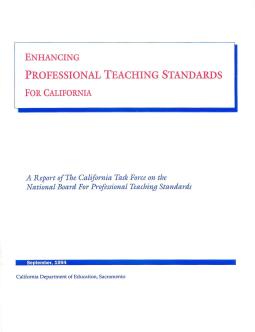Julia E. Koppich

Julia E. Koppich is president of J. Koppich & Associates, a San Francisco-based education consulting firm. She has consulted for national and federal organizations, including the U.S. Department of Education, the National Commission on Teaching and America’s Future, the National Governors Association, the National Board for Professional Teaching Standards, the National Alliance of Business, the American Federation of Teachers, the National Education Association, and the National Center on Performance Incentives. Her recent work includes serving as principal investigator for studies on California’s Local Control Funding Formula (LCFF), new teacher evaluation systems in several California districts, and technical assistance for federal Teacher Incentive Fund grant recipients. She has also conducted studies on Peer Assistance and Review programs and California policies for early career teachers. Koppich has been a principal consultant for Montgomery County Public Schools and Memphis City Schools and co-principal investigator for a study on the impact of National Board Certified Teachers in low-performing schools. Her research focuses on education policy analysis, teacher quality and effectiveness, and public sector labor relations. She is the author of numerous articles and co-author of A Union of Professionals and United Mind Workers: Unions and Teaching in the Knowledge Society. Koppich earned her PhD in educational administration and policy analysis from the University of California, Berkeley.
updated 2025







